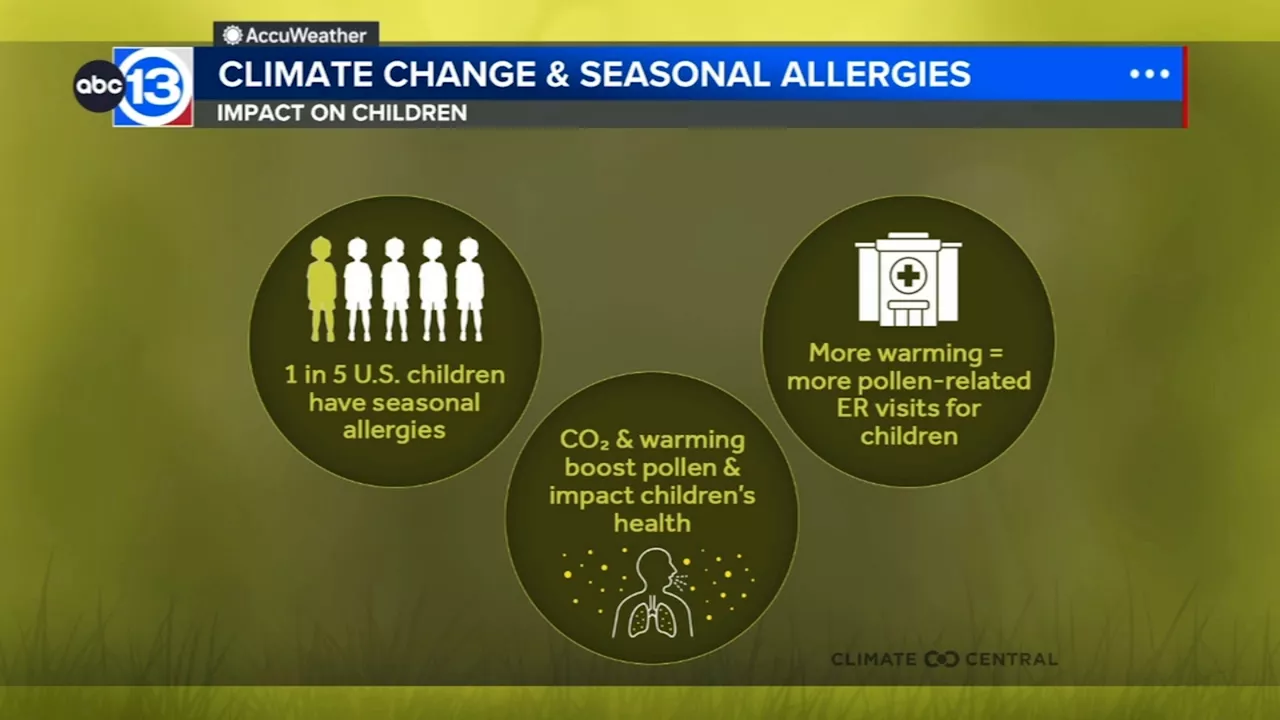Every additional 72 minutes sitting at the desk was linked to a three-fold increase in chance of erectile dysfunction.
. A team of researchers from China found it might also have a rather depressing effect on other body parts, increasing the risk of erectile dysfunction.are at work. Manageable lifestyle factors may also play a significant role in the condition, affecting hormone levels or damaging theapplied
Using data on variations in genetic sequences provided by more than 220,000 records from a prior study on European ancestry, the researchers looked for correlations between genes highlighted by responses to questions regarding specific forms of leisure-based sedentary behavior, and medical history or self-reporting of erectile dysfunction.
Looking further into the data, spending more time relaxing in front of the computer was also linked to decreased levels ofhave come to similar conclusions, the study falls short of demonstrating clearly why a drop in this one hormone might impact erectile function. The researchers can only speculate that the lower levels could indirectly impede testosterone release.
It's possible the lines between watching streaming services at the desk and relaxing at the computer might be blurred, making it harder to distinguish between the two different activities.
Canada Latest News, Canada Headlines
Similar News:You can also read news stories similar to this one that we have collected from other news sources.
 Nolte: Study Links ‘Woke Attitudes’ to Anxiety, Depression, UnhappinessSource of breaking news and analysis, insightful commentary and original reporting, curated and written specifically for the new generation of independent and conservative thinkers.
Nolte: Study Links ‘Woke Attitudes’ to Anxiety, Depression, UnhappinessSource of breaking news and analysis, insightful commentary and original reporting, curated and written specifically for the new generation of independent and conservative thinkers.
Read more »
 Study links Earth's warming climate to pollen and longer allergy seasonAccording to a study, as more carbon is released into the atmosphere, those molecules help trap heat from the sun. This helps gradual warming, which means warming temps can occur earlier in the year, and plants release pollen sooner.
Study links Earth's warming climate to pollen and longer allergy seasonAccording to a study, as more carbon is released into the atmosphere, those molecules help trap heat from the sun. This helps gradual warming, which means warming temps can occur earlier in the year, and plants release pollen sooner.
Read more »
 Largest-ever COVID vaccine study links shot to small increase in heart and brain conditionsA new study published in the journal Vaccine found that the COVID vaccine was linked to a slight increase in neurological, blood and heart-related medical conditions. Experts weighed in.
Largest-ever COVID vaccine study links shot to small increase in heart and brain conditionsA new study published in the journal Vaccine found that the COVID vaccine was linked to a slight increase in neurological, blood and heart-related medical conditions. Experts weighed in.
Read more »
 New study links placental oxygen levels to fetal brain developmentA new study shows oxygenation levels in the placenta, formed during the last three months of fetal development, are an important predictor of cortical growth (development of the outermost layer of the brain or cerebral cortex) and is likely a predictor of childhood cognition and behavior.
New study links placental oxygen levels to fetal brain developmentA new study shows oxygenation levels in the placenta, formed during the last three months of fetal development, are an important predictor of cortical growth (development of the outermost layer of the brain or cerebral cortex) and is likely a predictor of childhood cognition and behavior.
Read more »
 New Study Links Traffic Pollution to More Signs of Alzheimer’s in BrainScience, Space and Technology News 2024
New Study Links Traffic Pollution to More Signs of Alzheimer’s in BrainScience, Space and Technology News 2024
Read more »
![]() What Sleep Trackers Can (and Can't) Tell You About Your Sleeping HabitsMore than a third of Americans have used a device to monitor sleep, according to a recent survey from the American Academy of Sleep Medicine. But while experts say the devices can offer a sense of what's happening while you sleep, they also have limitations. Here's what to know about using a device to track your sleep.
What Sleep Trackers Can (and Can't) Tell You About Your Sleeping HabitsMore than a third of Americans have used a device to monitor sleep, according to a recent survey from the American Academy of Sleep Medicine. But while experts say the devices can offer a sense of what's happening while you sleep, they also have limitations. Here's what to know about using a device to track your sleep.
Read more »
